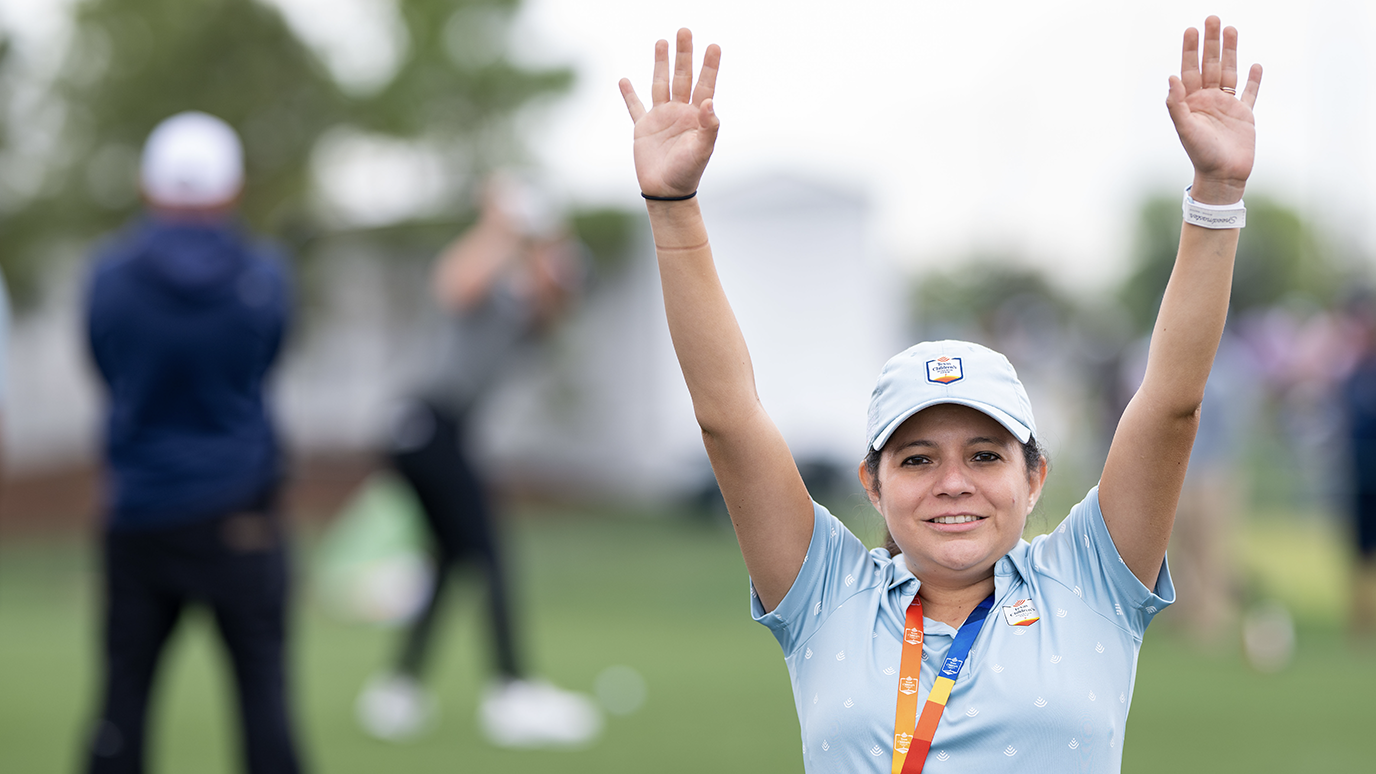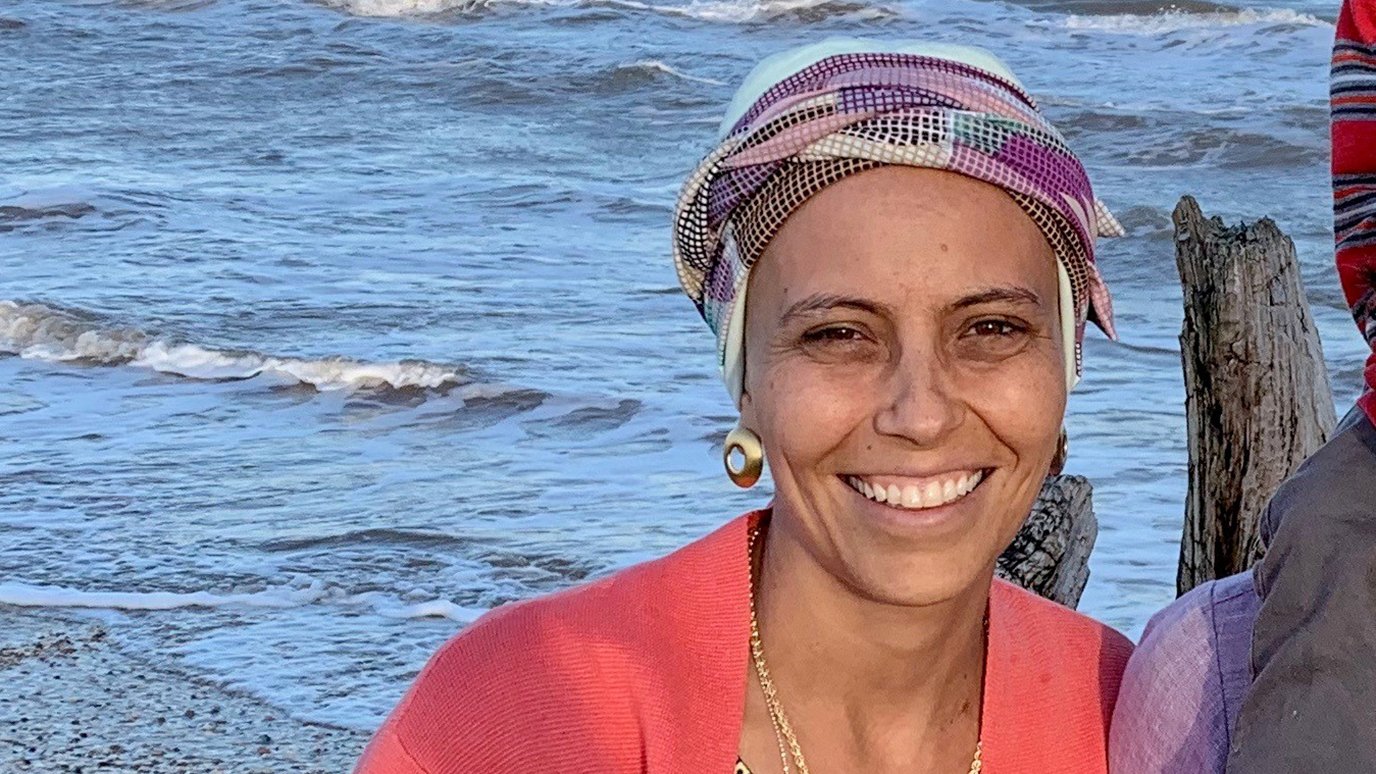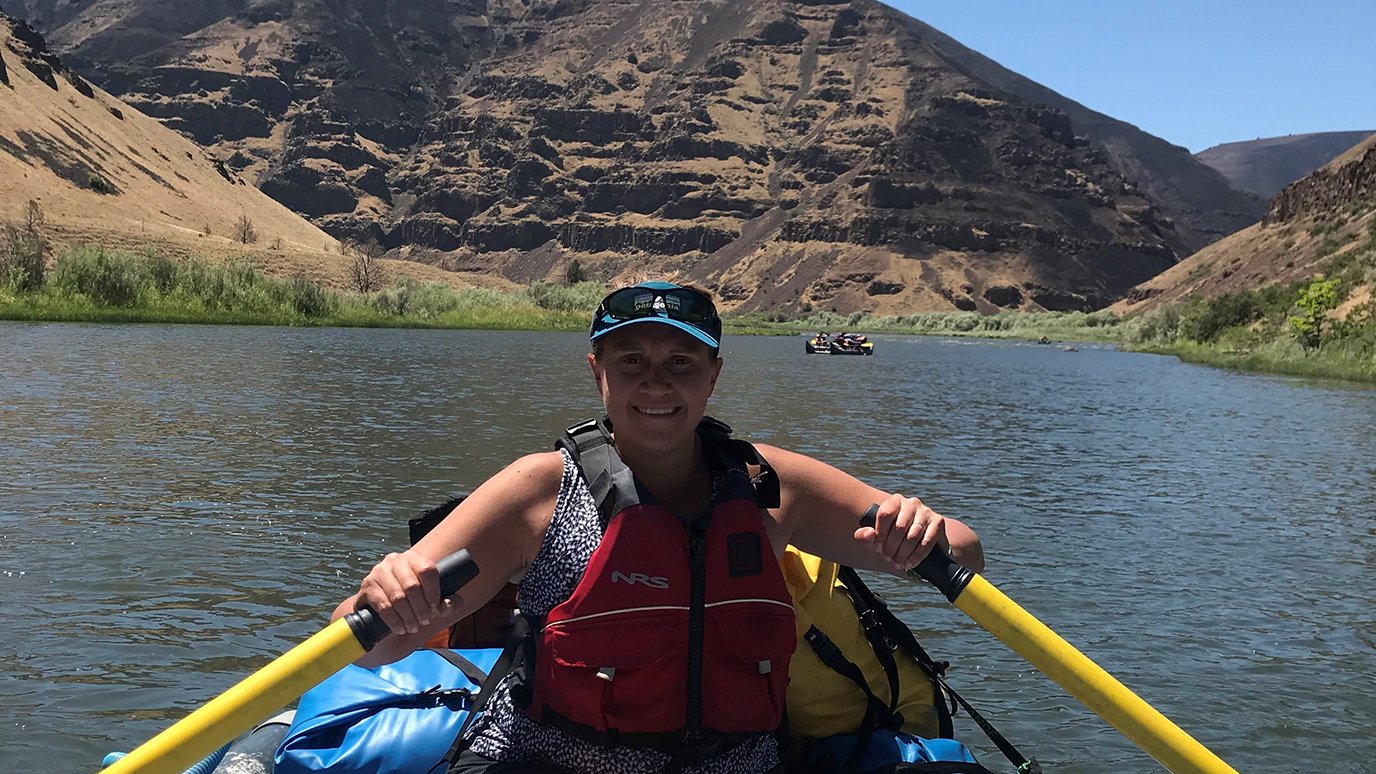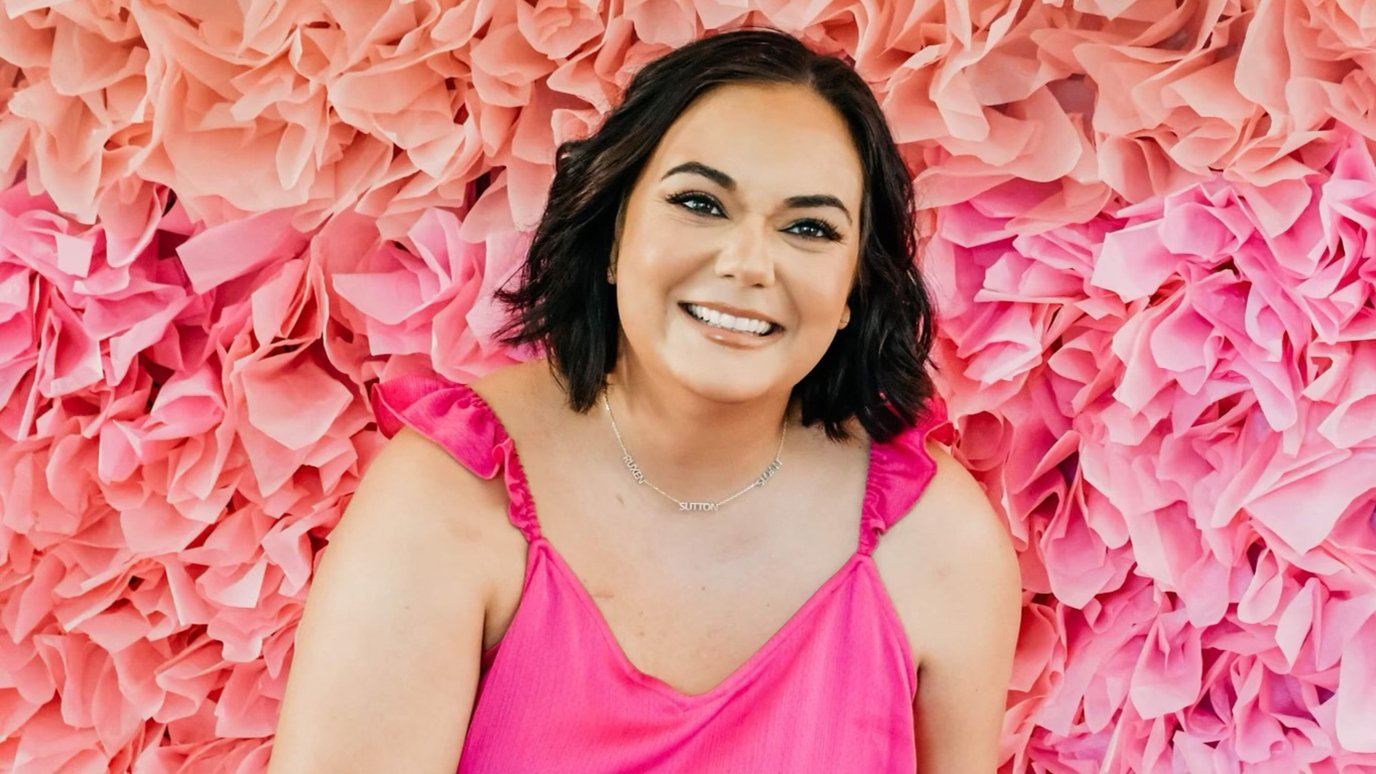- Diseases
- Acoustic Neuroma (14)
- Adrenal Gland Tumor (26)
- Anal Cancer (68)
- Anemia (2)
- Appendix Cancer (16)
- Bile Duct Cancer (26)
- Bladder Cancer (72)
- Brain Metastases (28)
- Brain Tumor (232)
- Breast Cancer (716)
- Breast Implant-Associated Anaplastic Large Cell Lymphoma (2)
- Cancer of Unknown Primary (4)
- Carcinoid Tumor (8)
- Cervical Cancer (160)
- Colon Cancer (166)
- Colorectal Cancer (118)
- Endocrine Tumor (4)
- Esophageal Cancer (44)
- Eye Cancer (36)
- Fallopian Tube Cancer (8)
- Germ Cell Tumor (4)
- Gestational Trophoblastic Disease (2)
- Head and Neck Cancer (12)
- Kidney Cancer (128)
- Leukemia (342)
- Liver Cancer (50)
- Lung Cancer (286)
- Lymphoma (278)
- Mesothelioma (14)
- Metastasis (30)
- Multiple Myeloma (100)
- Myelodysplastic Syndrome (60)
- Myeloproliferative Neoplasm (6)
- Neuroendocrine Tumors (16)
- Oral Cancer (100)
- Ovarian Cancer (172)
- Pancreatic Cancer (160)
- Parathyroid Disease (2)
- Penile Cancer (14)
- Pituitary Tumor (6)
- Prostate Cancer (146)
- Rectal Cancer (58)
- Renal Medullary Carcinoma (6)
- Salivary Gland Cancer (14)
- Sarcoma (240)
- Skin Cancer (298)
- Skull Base Tumors (56)
- Spinal Tumor (12)
- Stomach Cancer (64)
- Testicular Cancer (28)
- Throat Cancer (92)
- Thymoma (6)
- Thyroid Cancer (100)
- Tonsil Cancer (30)
- Uterine Cancer (82)
- Vaginal Cancer (18)
- Vulvar Cancer (20)
- Cancer Topic
- Adolescent and Young Adult Cancer Issues (20)
- Advance Care Planning (10)
- Biostatistics (2)
- Blood Donation (18)
- Bone Health (8)
- COVID-19 (362)
- Cancer Recurrence (120)
- Childhood Cancer Issues (120)
- Clinical Trials (632)
- Complementary Integrative Medicine (22)
- Cytogenetics (2)
- DNA Methylation (4)
- Diagnosis (232)
- Epigenetics (6)
- Fertility (62)
- Follow-up Guidelines (2)
- Health Disparities (14)
- Hereditary Cancer Syndromes (128)
- Immunology (18)
- Li-Fraumeni Syndrome (10)
- Mental Health (116)
- Molecular Diagnostics (8)
- Pain Management (62)
- Palliative Care (8)
- Pathology (10)
- Physical Therapy (18)
- Pregnancy (18)
- Prevention (920)
- Research (392)
- Second Opinion (74)
- Sexuality (16)
- Side Effects (604)
- Sleep Disorders (10)
- Stem Cell Transplantation Cellular Therapy (216)
- Support (402)
- Survivorship (322)
- Symptoms (182)
- Treatment (1786)
Houston breast cancer survivor: 'You don't have to be brave and strong all the time'
BY MD Anderson
3 minute read | Published April 07, 2015
Medically Reviewed | Last reviewed by an MD Anderson Cancer Center medical professional on April 07, 2015
Stacy Sugg had just taken some time away from her job as a teacher to spend more time with her children and her husband. But just a few months later -- on her 16th wedding anniversary -- she was diagnosed with breast cancer.
"It was not exactly the gift I was expecting," Stacy says.
To calm her fears, Stacy scheduled an appointment at MD Anderson in the Nellie B. Connally Breast Center's Multi Team Clinic in Houston, not far from her Conroe home.
Coming to MD Anderson for breast cancer treatment and a mastectomy
During her first appointment, Stacy and her husband met with all her doctors, including her surgeon, her oncologist and her radiation oncologist. They made a plan for her breast cancer treatment.
"As someone who's just been diagnosed with cancer, all you want is to know what you need to do next," she says. "We left with smiles on our faces. We had a plan, and we knew that our doctors were all on the same page. It was a very comforting feeling."
Because the cancer had been caught early, she wouldn't need chemotherapy or radiation. Her doctors gave her a choice between a lumpectomy and a double mastectomy, but her surgeon warned her that the lumpectomy could leave her deformed.
"The double mastectomy was 100% my decision," she says. "It's not right for everyone, but I felt like it was the right choice for me."
On Dec. 19 -- just a month after her breast cancer diagnosis -- Stacy's care team performed the double mastectomy. Going into the surgery, Stacy had been nervous and afraid. But her doctors helped ease those fears.
"My doctors answered every single question I had. They heard me and my concerns. They exceeded my expectations," she says. "I felt like I was important to them."
In the end, the surgery itself and the recovery from it were much easier than Stacy had expected.
Now, Stacy is preparing for her reconstruction surgery. Like before, she's nervous. But she has faith that everything will be fine, just like the first surgery.
A stronger family
For Stacy, one of the greatest challenges during her cancer treatment was trying to be and brave and strong all the time, especially in front of her 12-year-old twins, a boy and a girl.
"They saw me crying, they saw me praying," Stacy says. "Looking back on it, I don't regret it. I want them to know that life is not perfect, and sometimes, you're called to do bigger and greater things. You don't have to be brave and strong all the time."
She adds, "I think it's made our family stronger."
Related Cancerwise Stories

My doctors answered every single question I had. They heard me and my concerns.
Stacy Sugg
Survivor





